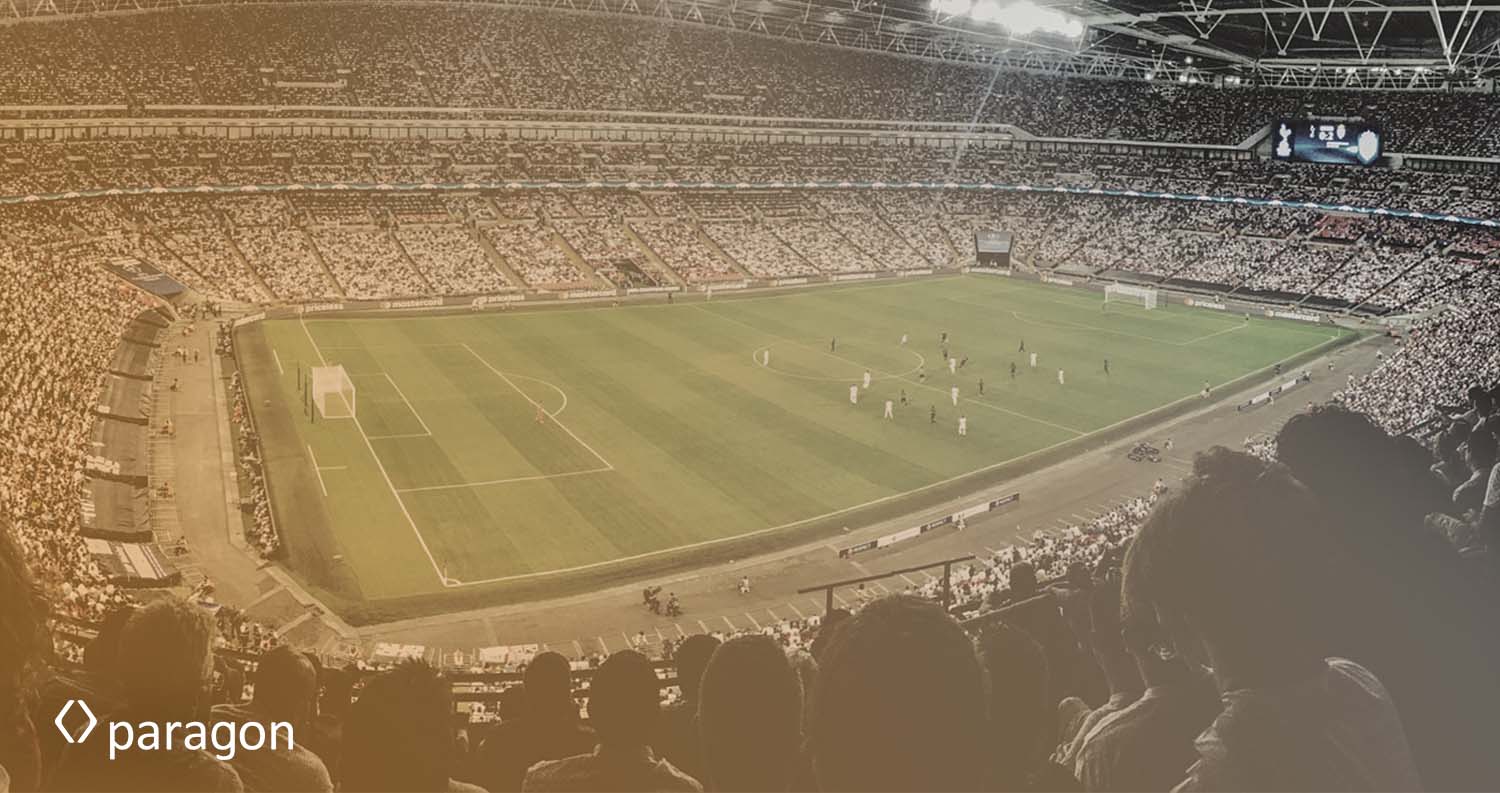World Cup Madness
Qatar and Ecuador kick off the FIFA Men’s World Cup on November 20 at the brand new Al Bayt Stadium with an estimated global audience of five billion expected to join the four-week celebration of soccer. It is a dream for marketing teams – the second largest sports event in the world after the Olympics – who have been developing their eye-catching game plans for years.
Or is it?
Yes, it’s a rare opportunity to reach a massive global audience of diverse fans, but Qatar has a terrible human rights record and a huge number of immigrant workers – from Bangladesh, India, Pakistan, Sri Lanka, Nepal and the Philippines – lost their lives in the scramble to build the brand spanking new football stadia. The Guardian reported 6,500 migrant workers died since Qatar was awarded the World Cup in 2010.
So yes, the streets will be filled with legions of happy, flag-waving supporters, but LGBTQ+ football followers are unlikely to be welcomed with open arms. Homosexuality is illegal in Qatar. And General Al Ansari, chairman of Qatar’s National Committee, has stated rainbow flags may be prohibited during the tournament.
How then should marketers and sponsors approach the finals when even some of the national teams are making videos critical of Qatar’s record on human rights? The Australian football team, the Socceroos, has released an emotional black-and-white film about what football stands for to the players – inclusivity, dignity, trust and courage.
The Norwegian squad had been debating whether they should boycott the World Cup but then didn’t qualify. Germany, the Netherlands and Denmark have been wearing warm-up jerseys advocating for changes in Qatar’s human rights policies. The Danes and Dutch message was: “Football supports change.”
So sponsors have had an important decision to make. Does associating with FIFA and Qatar make commercial sense? Perceptions of a brand, of course, can be damaged by association with a dubious entity – whether it’s an athlete, team or event. On the other hand, a clever campaign that encompasses authentic brand activism can prove to be a hit.
ING, the Dutch multinational bank and main sponsor of the Dutch national football team, will have its name on the team’s football jersey but will not be launching any campaigns around the event. The bank will also not take up its option to receive any tickets. An ING spokesperson told De Telegraaf: “The human rights situation is the reason we are not doing anything at this tournament.”
Belgian sponsors are also staying away. Chocolate giant Cote d’Or, supermarket chain Carrefour, bank and insurer ING Belgium, courier GLS and beer brand Jupiler have all said they won’t take up their allocation of tickets as sponsors of the national team in Qatar.
“We sponsor the Red Devils [the Belgian team] and believe in the power of sport and the opportunity it offers to create respect and inclusion for everyone,” A GLS spokesperson said. “We recognise our responsibility to respect human rights, and we believe that the world is a better place when human rights are respected…We believe that this World Cup should not be used for commercial purposes.”
So it’s all sincerity and doom and gloom. Er, I don’t think so! Once the tournament has started many fickle fans will switch their attention from human rights issues at the front of the newspaper to the football issues in the sports pages at the back. The colourful, animated, passionate chatter will be of winners and losers, goals and saves, passes and fouls, and the inspirational exploits of their favourite star players on the field.
If a brand gets the campaign spot on, then it can win too. Mega-brands almost have to participate. The stakes are high. And it’s hard not to get a sense of exotic excitement at the prospect of a World Cup in the Middle East when you watch the feel-good ads by Coca-Cola and Pepsi Max. I’m certainly no great fan of the soft drinks brands but here they celebrate the diversity of football with respect and humour.
Coca-Cola’s ‘A Kind of Magic’ – recorded in conjunction with the Universal Music Group – is a collaboration between Egyptian rapper Felukah, the soulful Saudi Arabian singer-songwriter Tamtam and Latin artist Danna Paola. A cover of the iconic 1986 Queen track, it cleverly builds on the brand’s ‘Believing is Magic’ campaign by blending cultures and styles in a joyous, übercool way.
The star-studded campaign from Pepsi Max dubbed ‘Nutmeg Royale’ features football legends Leo Messi, Paul Pogba and Ronaldinho taking part in an epic match alongside local players. To mark the brand’s new tagline ‘Thirsty For More’, the action-packed short film is packed with cameos, trick shots and fun, all to the upbeat soundtrack of Fatboy Slim’s ‘The Rockafeller Skank’.
After 64 hard-fought matches in the Qatar heat between 32 teams – from firm favourites like Brazil and France to long-shots like Australia and Tunisia – the final will be held at the Lusail Iconic Stadium in Doha. More than a billion fans are expected to watch the game on December 18. No wonder sponsors want to get it right. But spare a thought for one set of losers… the poor marketing teams trying to kick-start their Christmas campaigns.
Do you need assistance executing an appropriate and effective marketing campaign? Don’t hesitate to contact us.



